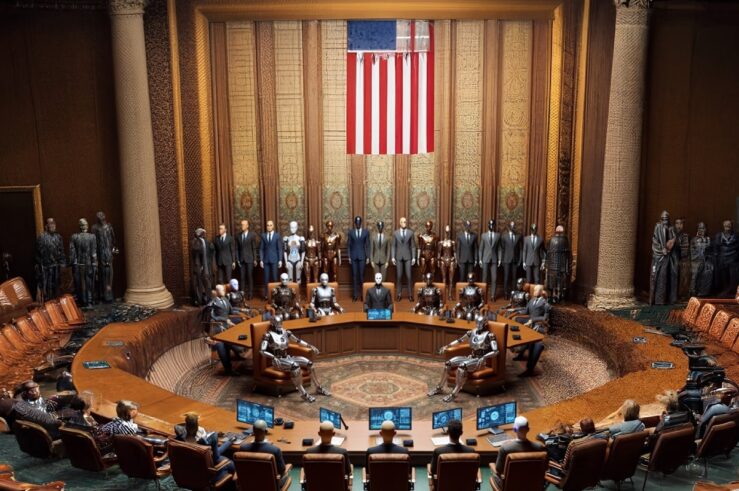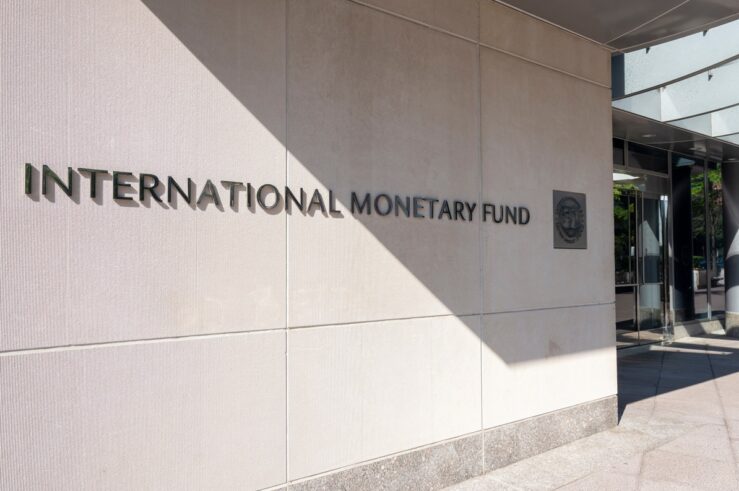Yesterday the Heritage Foundation released a series of essays on “Saving Internet Freedom.” These analytical essays are an excellent reference work for interested members of the public who seek answers to those who claim the Internet requires new and intrusive government regulation. The introduction to the essays highlights the topics they cover and summarizes their conclusions:
“1. Federal “network-neutrality” regulations. Rules adopted by the Federal Communications Commission (FCC) in February 2015 bar Internet access providers from prioritizing the content that is sent through their networks. This ban limits the ability of Internet service providers (ISPs) to innovate, which limits economic freedom, to the detriment of the Internet and its users. In addition to activities clearly prohibited, the new rule also gives the FCC vast discretion. As a result, critical decisions about what practices will be allowed on the Net will be left to the subjective judgment of five unelected FCC commissioners.
- Global Internet governance. Many nations, such as China and Russia, have made no secret of their desire to limit speech on the Internet. Even some democratic nations have supported limiting freedoms online. With the U.S. government’s decision to end its oversight of the Internet Corporation for Assigned Names and Numbers (ICANN), the private, nonprofit organization that manages name and number assignments on the Internet, these countries see a chance to fill the vacuum, and to use ICANN’s Internet governance role to limit expression on the Web.
- Regulatory barriers to online commerce. The Internet is a true disruptive force in commerce, challenging inefficient ways of business. Often, these challenges conflict with anti-consumer laws that protect middlemen and others with a stake in older, costlier ways of doing business. These harmful laws have eroded in many cases, but have not been erased from the statute books.
- Internet taxation. Sales and other taxation also create regulatory barriers to online commerce. Some politicians and state tax collectors are pushing Congress to pass legislation that would allow state governments to force retailers located in other states to collect their sales taxes. They say they want to equalize the tax burdens between so-called brick-and-mortar retailers and their online counterparts. But instead of eliminating differences, the proposal would create new disparities and impose new burdens, as sellers struggle to deal with the tax laws of some 10,000 jurisdictions and 46 state tax authorities.
- Intellectual property. The freedom to create without fear that one’s creation will be appropriated by others is fundamental. At the same time, overly restrictive laws limiting the use of intellectual property erodes other freedoms, not least freedom of expression. The challenge to lawmakers is to balance these two opposing values, to protect intellectual property without undue limits on its fair use or on third parties.
- Cybersecurity. To enjoy the freedoms made possible by the Internet, a certain amount of security is needed to protect it from cyber theft, vandalism, and other criminal threats. This security cannot simply be achieved by government mandates. Government should remove barriers that hinder private-sector efforts to protect online networks.
- Digital privacy. Under current law, communications by Americans via electronic networks enjoy less protection than a letter sent by mail. Government does have a legitimate interest in viewing private communications in limited circumstances in order to apprehend criminals or terrorists and to protect security. But to do so, the government should be required to obtain a search warrant for each case, holding it to the constitutional standards that protect other communications, such as mail.”
Supporters of individual freedom and economic liberty will find much to like in these essays.




